
Understanding the Features & Advantages of Debit Card
28 Mar 2023

Table of Content
A debit card is a convenient alternative to cash availability linked to the savings or current account. Starting the tradition of a cashless society, a debit card can be called the first step to digital banking. From ATM cash withdrawal/deposit, cashless purchases, and contactless swipe payments to online payment; cash management becomes so much easier with debit cards . Account holders are spending their own money, unlike credit cards. If spending can be regulated, the advantages of debit cards are unmatched. So, what are the benefits of debit card? Let us regard the features and advantages of debit cards.
Features of Debit Card
Debit card benefits and features that are most significant to a common user are:
- Convenience, cash withdrawal from ATM, or payment through a card, both in-person or online
- Allows spending within the capacity
- You know your spending limit
- Overdraft option, which helps you to spend even when your account has low cash
- Rewards points add up
- These are secure cards
Advantages of Debit Cards
The debit card is digital cash or the alternative to traditional cash. If you have money in the bank, your debit card is accordingly powered with spending capacity. Let us go through the advantages together.
- Debit cards can be easily obtained
These cards are linked with savings account and current account and are issued with every new account. Once the account is opened, the account holder must request a debit card. The bank issues the debit card physically at the address mentioned by the account holder, along with the PIN (Personal Identification Number).
- Very convenient to use
A cash alternative, debit cards can be conveniently used to make ATM withdrawals and deposits. These cards can be used as contactless and swiped at PoS. You can easily make online payments by entering your card details.
- No more debts
Debit cards have all the advantages of a credit card without functioning on credit. A debit card uses funds from your account and acts like a bank account card. You need to be mindful of having the spending balance in your account when using a debit card. If there is not enough balance, the card will inform you of the same.
- Safety
Another strong feature of debit cards is their safety. The debit card comes with a magnetic bar, or a digital chip, both of which augment its safety. The card has a PIN which adds safety during transactions. The cards are directly linked to the account and the registered mobile number of the account holder. Each time a transaction takes place, the user receives a security PIN, without which a transaction remains incomplete. These layers of safety checks make this banking instrument highly dependable.
- Readily accepted
Debit cards are accepted everywhere within the country and internationally. Supported by international card networks Visa, and Mastercard, the account holder needs to inform their bank to enable its international usage.
- Alternative to Cash
Debit cards are alternative cash cards. Linked to the account, you pay for purchases through this card both online and in person. You can also withdraw cash from an ATM through debit cards.
- Immediate Transfer of Funds
Online money transfers can be made from a debit card safely. Money can be sent to the account of the merchant when online payment transactions are done. No manual intervention is required.
- Instant Withdrawal of Cash
- Cardholders can withdraw cash instantly from Automated Teller Machine (ATM)
- Cardholders can insert the card in the slot of the ATM
- Select from the screen the preferred language
- Enter the 4-digit PIN
- Select the transaction type
- Enter the amount you want to withdraw
- Collect the cash and card with the printed receipt
- Can Build A Credit Score
Debit cards do not affect credit scores as they do not involve borrowers. As the funds are deducted from one's savings, there will be no positive or negative effect on the credit score.
Are there any disadvantages to using a Debit Card?
Now that you have learnt about the advantages of debit cards, there are a few disadvantages of debit cards that you should know.
- No credit allowed
Debit cards use the funds from the account holder’s savings and do not work on credit.
- Additional fees on ATM withdrawals
The Reserve Bank of India regulates three free ATM financial and non-financial transactions each on debit cards from non-affiliate ATM counters exceeding which is chargeable.
- No grace periods
Debit cards use funds from the account of the account holder, not like credit cards. When using credit cards, you use credit funds disposable in your account.
- Potential fraud
Debit cards are the responsibility of financial institutions that protect customers from impending fraud. Customers are informed about potentially fraudulent transactions. Customers should keep themselves updated with the latest safety guidelines issued by their bank.
- Debit card fees
Banks charge a nominal annual fee on debit card issuing and maintenance. The fee is automatically debited from the account of the account holder.
Things to Avoid while using Debit Card
- When using the debit card, keep an eye on the account balance
- Limit using out-of-network ATMs to three times, or you will be charged
- Debit cards have limits, so you cannot use them for very expensive purchases
- If the account is joint, you must be extra vigilant while tracking debit
- Never write the PIN on the card or divulge the PIN or CVV on your card even to the bank
- Guard your debit card from theft
- Notify the bank in case of a loss
- Using a contactless chip-enabled technology is safer
What to look for in a Debit Card
- The debit card is issued by the bank against your savings or current account
- A person can hold multiple debit cards linked to multiple accounts
- Some banks charge for debit cards while others give them free with the account
- Withdrawing money from non-affiliated ATMs is liable to a fee
- If the debit card is lost, you must inform your bank immediately for fast and effective action
Conclusion
Most debit card users get so used to using the card that they sometimes overlook the debit card advantages and disadvantages. While advantages are known and enjoyed by the user, not knowing the disadvantages can incur an unnecessary loss in payment and add to inconvenience. With this quick overview, users will know how to use their debit cards better and make the best use of their cards and their hard-earned money.
Popular Articles
Tag Clouds
Related Articles
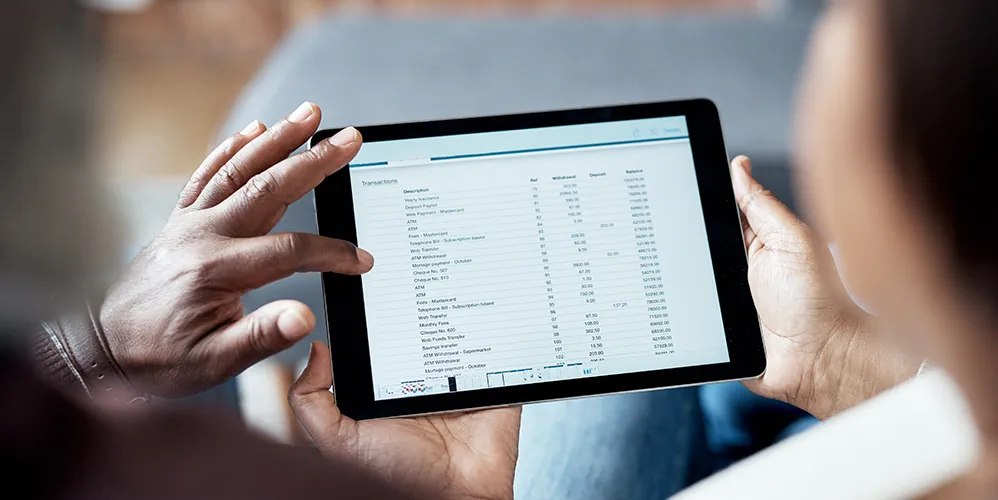
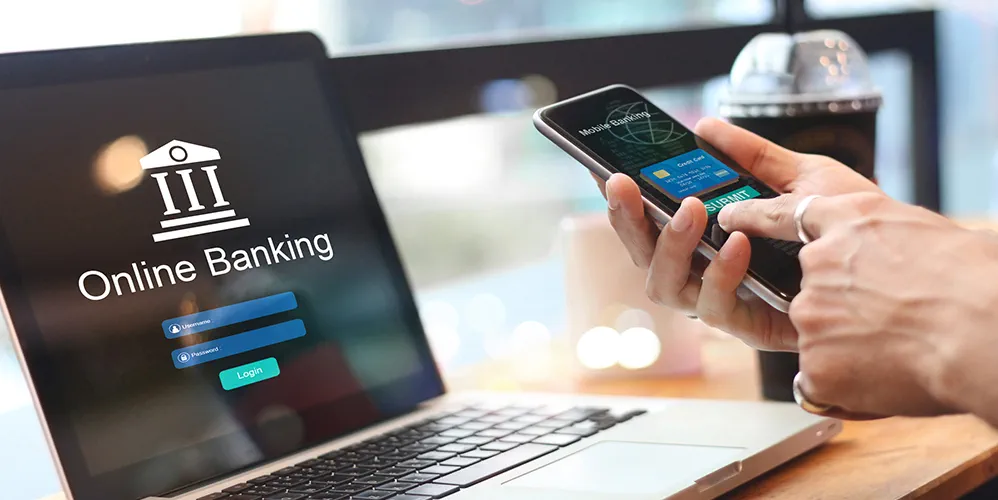



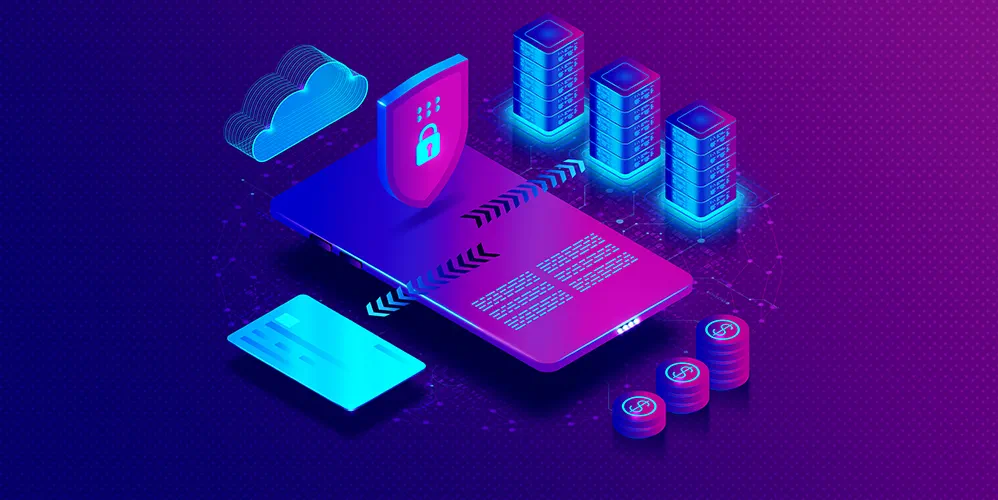
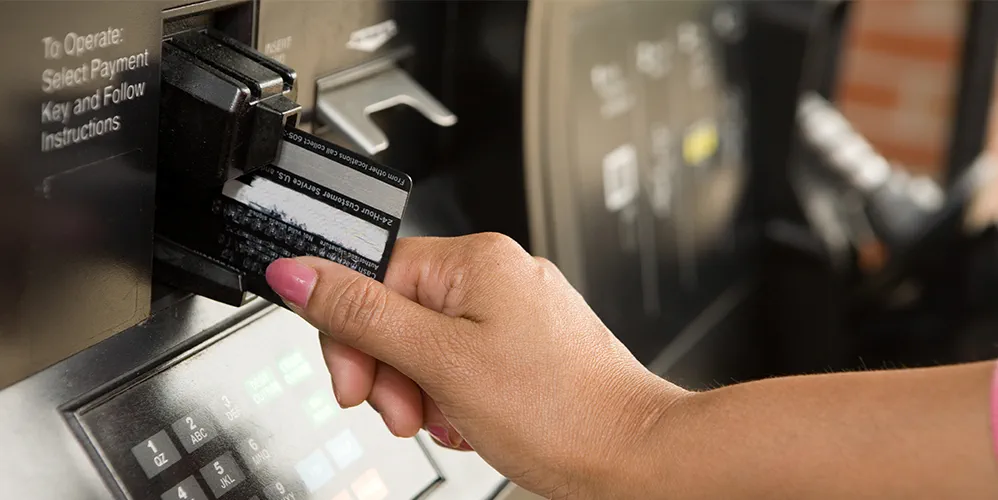

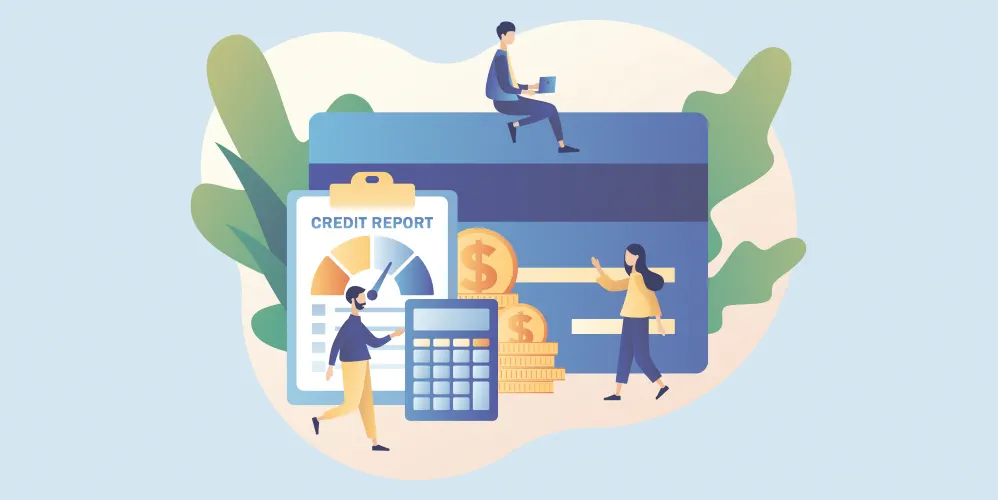
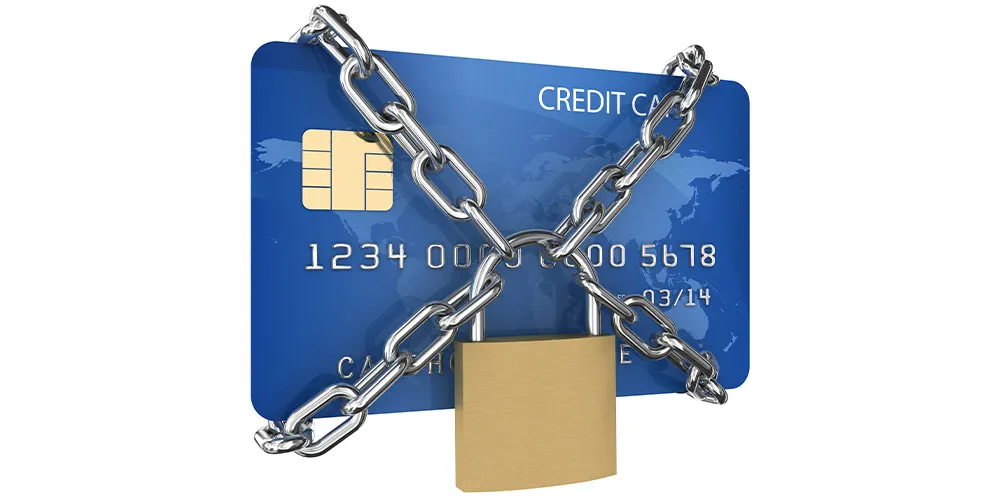
-
Disclaimer
The contents of this article/infographic/picture/video are meant solely for information purposes and do not necessarily reflect the views of Bank of Baroda. The contents are generic in nature and for informational purposes only. It is not a substitute for specific advice in your own circumstances. Bank of Baroda and/ or its Affiliates and its subsidiaries make no representation as to the accuracy; completeness or reliability of any information contained herein or otherwise provided and hereby disclaim any liability with regard to the same. The information is subject to updation, completion, revision, verification and amendment and the same may change materially. The information is not intended for distribution or use by any person in any jurisdiction where such distribution or use would be contrary to law or regulation or would subject Bank of Baroda or its affiliates to any licensing or registration requirements. Bank of Baroda shall not be responsible for any direct/indirect loss or liability incurred by the reader for taking any financial decisions based on the contents and information mentioned. Please consult your financial advisor before making any financial decision.
A Comprehensive Guide to Different Types of Debit Cards in India
The advent of debit cards has added convenience to the way an individual handles their fund safely. The plastic card is powered with seamless transaction abilities allowing the cardholder to make cashless transactions. A step closer to digital banking , debit cards have brought the Indian population closer to realizing the ease of handling virtual cash from their savings or current accounts. With time, the ATM Card has merged into the debit card with several other facilities. Banks have introduced different types of debit cards ranging from contactless to swipe cards, the digital revolution boosted by the banking sector has widened its multiple uses. For detailed knowledge of the different types of debit cards , read on to understand the specifics of each.
Step-by-Step Guide: How to Apply for and Get a Debit Card Online
Debit cards are alternative plastic cash cards that come with savings and current accounts. People in the country have reached a comfort point using debit cards, especially owing to the ease of a transaction. Linked to the savings account they allow you to spend the money in your savings account. So, if you haven't yet discovered debit cards and their advantages, we will take you through a step-by-step guide on how to apply for a debit card. Read on to get a quick idea of the debit card application process.


Leave a Comment
Thanks for submitting your details.